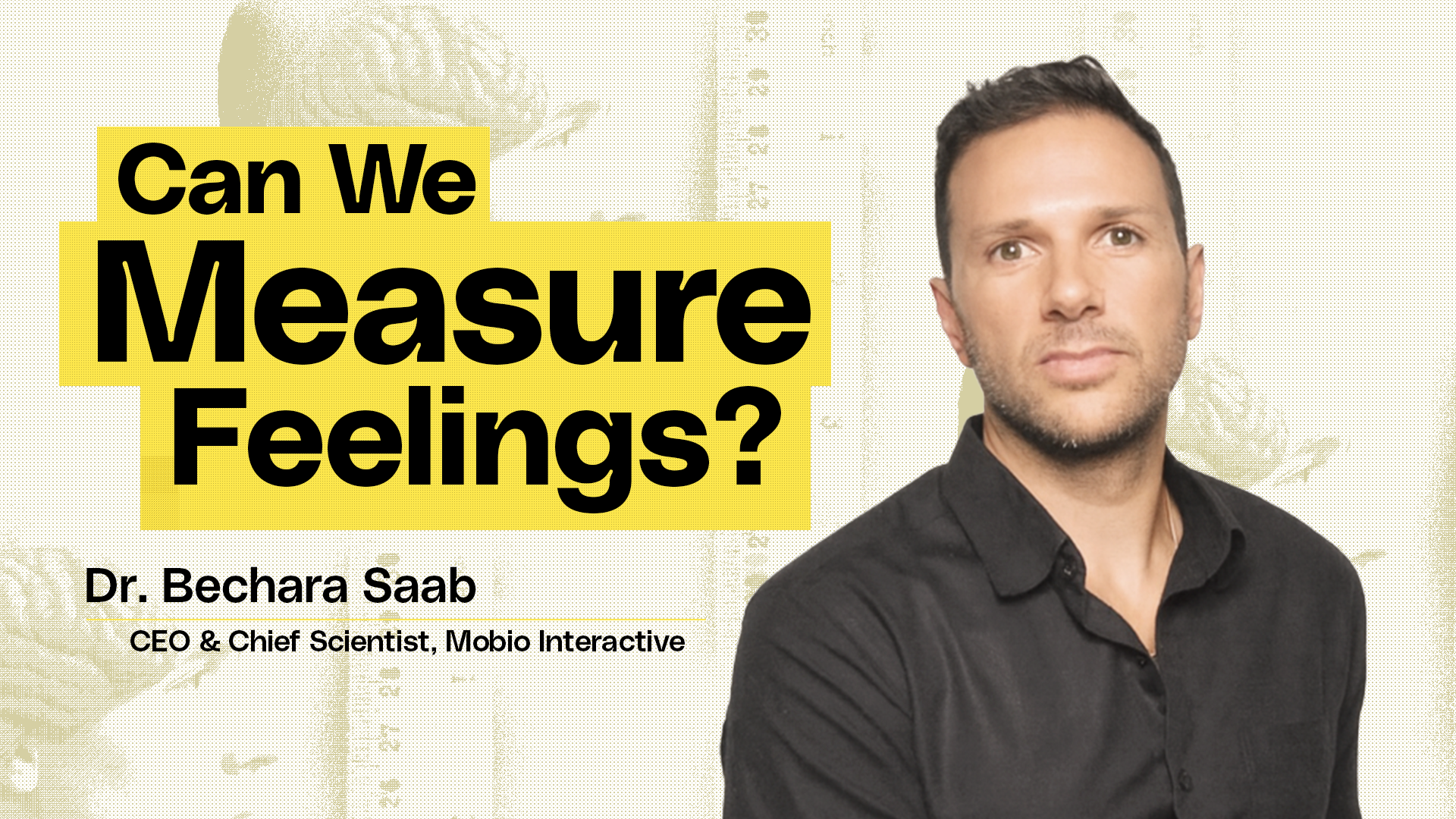
I watched more than a thousand startup pitches last year, and it feels like some founders woke up one day and decided they might ask a stranger for $5MM. Some lack the tools and know-how. Others treat capital raising as an improv. I find this puzzling, given the stakes involved.

The three-minute pitch format is hard, so you have to treat it as such. Within approximately 450 words, you must convince potential investors to consider giving you millions of dollars. This allows for roughly 18 sentences - each one needs to carry purpose.
Here's my template outlining the essential elements you must communicate in those 180 seconds:
Minute-by-minute breakdown
First 60 seconds: Opening position
0-10s: Value Proposition
I'm [Name] from [Company]. We help [target customer] solve [specific problem] by [unique solution].
10-20s: Market size
This problem costs [industry/market] $X billion annually.
20-40s: Problem validation
[Specific example] illustrates how this affects real customers.
40-60s: Market positioning
Current solutions fail because [key insight about market gap].
🚀 Do you have a upcoming pitch? For a limited time, we are offering two FREE pitch assessment spots. Find out more here. 🚀
Second 60 seconds: Solution and validation
60-80s: Core offering
Our solution [product name] works by [2-3 key features].
80-100s: Market proof
We've validated this through [traction metrics].
100-120s: Commercial framework
Our business model is [revenue model] with [unit economics].
Final 60 seconds: Market opportunity and requirements
120-140s: Scale potential
The market opportunity is [TAM/SAM/SOM] with [growth rate].
140-160s: Execution capability
Our team brings [key expertise/achievements].
160-180s: Capital deployment
We're raising $X million to achieve [specific milestones].
Most pitch competitions include a three-minute Q&A session following the presentation. This structure allows you to focus on core messages during the pitch, leaving details for the question period. Your objective is to generate enough interest to prompt relevant questions.
Investment implications
{{big-quote}}
The template above represents baseline requirements rather than aspirational targets. The differentiating factor lies in execution quality. If you're not willing to put in this level of preparation for a three-minute pitch, the listener is going to be questioning your commitment to the much harder task of building a successful company.
Note: This framework assumes a standard three-minute competition format. Specific requirements may vary by event.
💡 Now you know what to say, minute by minute. But do you know how to say it? Structure is just 50% of success. Delivery is the other 50%.
Read part 2 of The three-minute pitch: A rehearsal guide
Good luck pitching! Found this useful? Share with a fellow founder who's preparing to pitch.

Don’t miss out
Don’t miss out!








